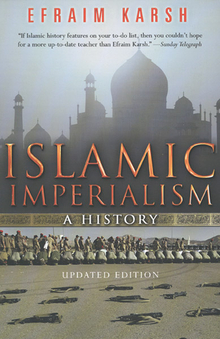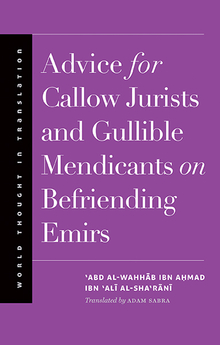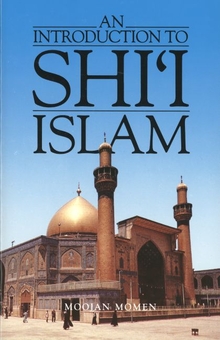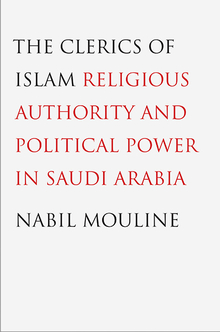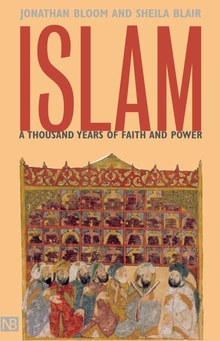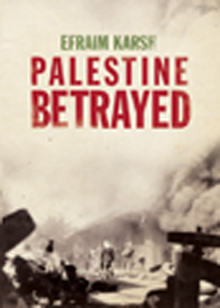Islamic Imperialism
WARNING
You are viewing an older version of the Yalebooks website. Please visit out new website with more updated information and a better user experience: https://www.yalebooks.com
A History
Revised Edition
Efraim Karsh
From the first Arab-Islamic Empire of the mid-seventh century to the Ottomans, the last great Muslim empire, the story of the Middle East has been the story of the rise and fall of universal empires and, no less important, of imperialist dreams. So argues Efraim Karsh in this highly provocative book. Rejecting the conventional Western interpretation of Middle Eastern history as an offshoot of global power politics, Karsh contends that the region’s experience is the culmination of long-existing indigenous trends, passions, and patterns of behavior, and that foremost among these is Islam’s millenarian imperial tradition.
The author explores the history of Islam’s imperialism and the persistence of the Ottoman imperialist dream that outlasted World War I to haunt Islamic and Middle Eastern politics to the present day. September 11 can be seen as simply the latest expression of this dream, and such attacks have little to do with U.S. international behavior or policy in the Middle East, says Karsh. The House of Islam’s war for world mastery is traditional, indeed venerable, and it is a quest that is far from over.
Efraim Karsh is professor and head of the Mediterranean Studies Programme, King’s College, University of London.
“Efraim Karsh’s thesis is disclosed in the book’s arresting title. From its beginnings, he argues, Islam was a creed that made no separation between temporal and religious power. Mohammed never thought of ruling solely in men’s hearts: he ruled in Medina. He set out to conquer the Arab world, and he laid down a justification for all conquest everywhere. . . . I like Karsh’s robust refusal to accept Muslim history as a sob story against us in the West. His narrative helps explain the rage and the sheer hopelessness of so much Muslim engagement with modern politics.”—Charles Moore, The Telegraph
"In Islamic Imperialism Efraim Karsh argues for the existence of an Islamic imperial drive and traces it from Muhammad's time to current Islamist aggressions. One can hardly imagine a thesis with larger implications for prosecuting the war on terror."—Daniel Pipes
“Only a shrewd and talented revisionist, a professor with curiosity and nerve, could take on the clichés of Middle East scholarship and insist that they be reconsidered. That describes Efraim Karsh, a much-published and much-admired professor at the University of London. His new book, Islamic Imperialism deserves serious consideration by anyone who cares about this debate. He challenges not only our favourite ideas about the Middle East but even our notions of imperialism. . . . Karsh’s view of rising Islamic imperialism chills the blood. Multiculturalism looks different through the lens of his scholarship, and so does the future for global politics.”—Robert Fulford, Canada National Post
“The book succinctly describes the rise and spread of Islam over the centuries and relates that history to the present state of world affairs. It is well-written and amply documented. I highly recommend it.”—Diane Ravitch, New York Sun (The Year’s Best Books)
“Karsh offers a new approach to the debate about the place of Islam in the modern world: as a rival to Western civilisation in a contest to shape the future of mankind.”—The Sunday Telegraph
Publication Date: September 24, 2013

